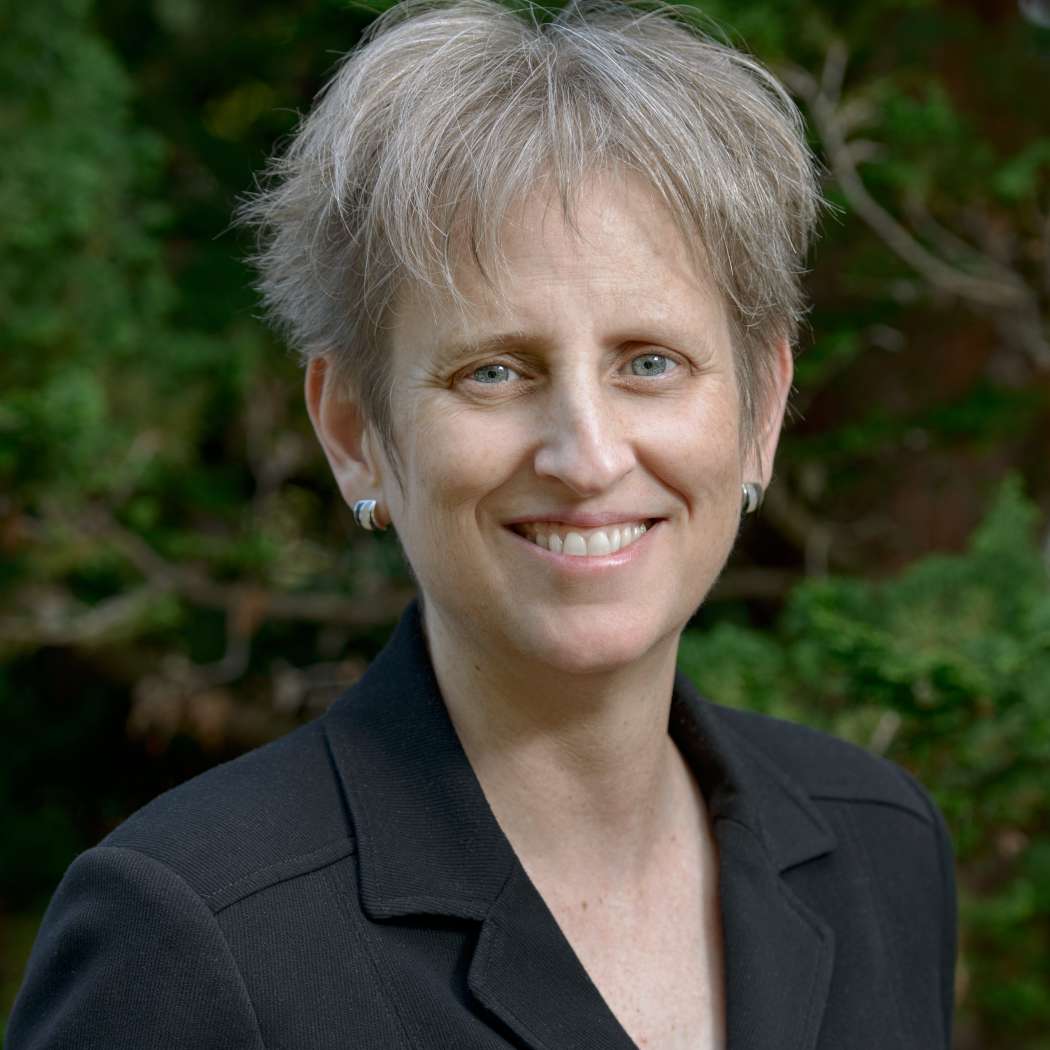Blog Post
Democracy Lens on Oregon’s 2023 Legislative Session
There’s so much at stake each legislative session.
Lawmakers consider thousands of bills, affecting all aspects of our lives, including many that impact the democratic process itself. For this to work – for democracy to thrive and deliver – constituents must have a voice.
Common Cause and our members watchdogged and weighed in on another year’s state legislative session in Oregon, bringing a democracy lens to the process. We reviewed hundreds of bills, provided issue expertise, advocated, testified, and sent hundreds of constituent emails to our legislators.
As the Oregon Legislature wraps up, here’s a quick look at some of the top results, from a democracy perspective.
Voting & Elections
The biggest news – Common Cause and our coalition partners led passage of two important voting reforms this session: HB 2107A which further strengthens Oregon’s trailblazing Automatic Voter Registration program; and HB 2004A which refers a question to voters whether to adopt Ranked Choice Voting for electing Oregon federal and statewide candidates.
Also important, the legislature authorized election administration funding, made necessary minor updates to Oregon election code, and took no action on over a dozen bad election bills, including one that aimed to end vote-by-mail!
Legislators considered other important voting reforms this session, but did not make headway, including on these that Common Cause endorsed: SB 579 to Guarantee Voting Rights of Incarcerated Voters, HJR 4 and HJR 18, two identical bills to allow Same-Day Voter Registration, HJR 20, HB 3206, and HB 2694, three different proposals to Lower the Voting Age, and SB 169A, to Translate the Voter Pamphlet to More Languages.
Constitutional Defense
More big news – Common Cause succeeded at getting legislation drafted and passed this session (HB 3625 & HJM 3), to get rid of decades-old resolutions still on Oregon books – before they could be misused to advance radical agendas.
These old resolutions called on Congress to enact a whole new Constitutional Convention as a means to amend the Constitution. While the amendments were eventually resolved through regular channels, the resolutions remained on record. Extremist national movements have been testing legal theories in court to use old state resolutions toward enacting a Constitutional Convention for their own dangerous agendas.
Shared Governance with Oregon Tribes
Common Cause endorsed two bills this session to strengthen Oregon’s respect for Tribal sovereignty and shared governance with the Tribes who share this land.
HB 3173, creates a Task Force on Tribal Consultation, with representatives from all nine federally recognized Tribes in Oregon and from state agencies required to consult with Tribes – tasked with studying and making recommendations to improve compliance with Oregon’s Tribal Consultation law which creates a framework for government-to-government collaboration between sovereign governments.
HB 2112A addresses Tribal Interests in Public Records Retention. It updates Oregon public records law to better respect the interests of Oregon Tribes in the state’s records retention process by adding “tribal cultural value” as one of the criteria for public records retention decisions. The bill also makes statutory language more accessible by updating out-of-date technology terms.
Ethics, Transparency & Other Governance
The legislature passed dozens of other governance bills, including bills addressing ethics & conflicts of interest (HB 5021, SB 207, HB 2034, SB 661, SB 168), public meetings law (HB 2805, HB 2806, SB 11, HB 2490), public records (SB510, HB 5032, HB 3111), and disclosure (HB 2038, HB 2159, HB 3073), as well as bills dealing with domestic terrorism and paramilitary activity (HB 2272, HB 2572A), the importance of media in democracy (HB 3167, ), impeachment power (HJR 16), and how best to deal with setting public official salaries (SJR 34).
Campaign Finance Reform
Unfortunately, we made very little progress on campaign finance this session. Our biggest achievement may simply have been avoiding passage of any bad reform proposals with loopholes that leave the reforms ineffective. Legislators did pass one good reform, amending it into an election security bill (SB 166), prohibiting bags of untraceable cash from being donated to political campaigns. Going forward, campaigns can only accept donations in cash for small donations up to $100.
Since leading the effort to pass M107 Fair & Honest Elections on the 2020 ballot, which established Oregon’s constitutional authority to regulate money in politics, we’ve been working hard to pass the comprehensive reforms needed – limits on campaign contributions, strong transparency measures, and a small dollar public finance program. We’ve helped galvanize tremendous momentum for these reforms and are getting closer. But the details are complex, and there’s still hard work ahead.
The Road Ahead
In a legislative session marred by the longest walkout in Oregon history, Oregon legislators eventually salvaged the session. But nevertheless, much time was wasted.
Parliamentary maneuvers such as walkouts are extreme options. They can and should be debated, but ultimately, it’s up to the public to decide whether they’re warranted in any given circumstance. It’s striking that some Oregon legislators walked out this session, given that Oregon voters had weighed in decisively against walkouts just last November. Frustrated with the increased use of walkouts in recent legislative sessions, voters passed Measure 113, creating stiff penalties for legislators who repeatedly don’t show up for work.
Those leading the current walkout suggest that they may be able to challenge that ballot measure and avoid the consequences. But that begs the question: why challenge the intended will of the voters?
It remains to be seen what legacy this walkout will leave – whether those who led the walkout will be held to account as voters intended, and if so, if that will diminish interest in the tactic. After having worked so hard to negotiate a way forward, we may see Oregon legislators from both parties be more attentive to avoiding future impasse.
Common Cause gives us a collective vehicle to do what none of us can do single-handedly. Thank you for joining forces to make this possible.
